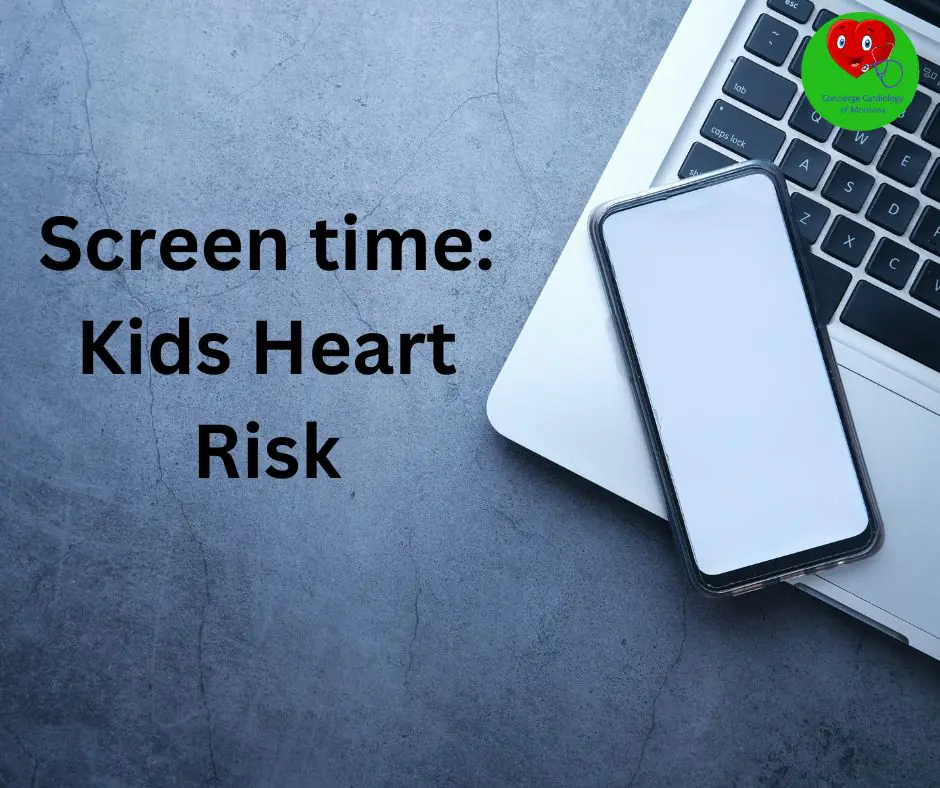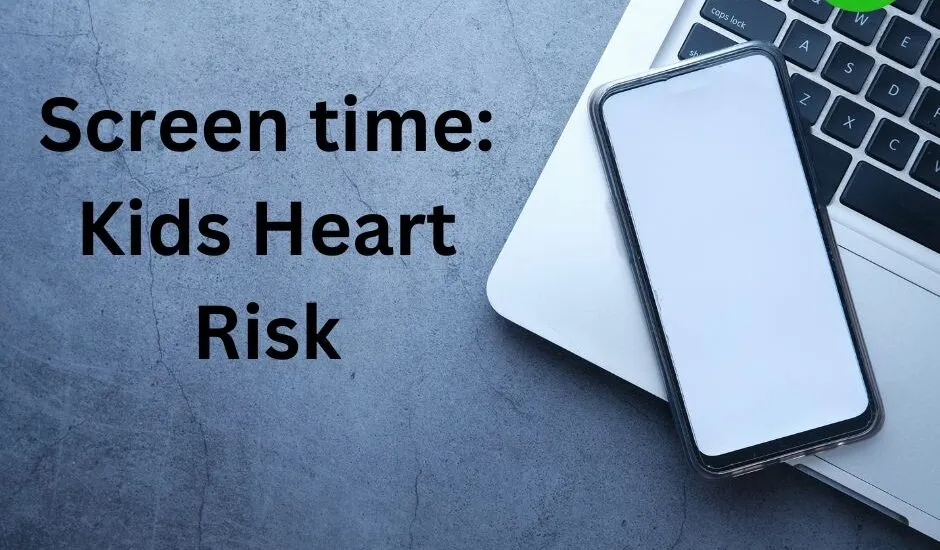
In today’s digital age, screens are an integral part of children’s lives. From smartphones and tablets to computers and video games, children are spending more time than ever in front of screens. While technology can provide educational benefits and entertainment, research suggests that too much screen time may have adverse effects on kids’ cardiometabolic health. In this blog, we’ll explore the implications of excessive screen time, how to reduce the risks, what symptoms to be on the lookout for, ways to improve heart health, and when it’s time to consult a cardiologist.
Table of Contents
Understanding the Risks of Screen Time
Excessive screen time can contribute to sedentary behavior, which is linked to several health issues, including obesity, high blood pressure, elevated blood sugar levels, and abnormal cholesterol levels. Together, these factors contribute to cardiometabolic syndrome, which increases the risk of heart disease and diabetes.
Kids typically engage in fewer physical activities when screen time dominates their day. Furthermore, screen use often coincides with unhealthy eating habits, such as snacking on junk food while watching television or playing games. These lifestyle choices can detrimentally impact a child’s overall health.
How to Decrease the Risk
1. Set Screen Time Limits: Establish clear boundaries around daily screen time. The American Academy of Pediatrics recommends that children aged 2 to 5 should have no more than one hour of high-quality programming each day, while children under 2 should avoid screens altogether.
2. Encourage Physical Activity: Promote at least 60 minutes of physical activity each day. This could include outdoor play, sports, or even family walks. Making physical activity fun can also encourage kids to stay active.
3. Create Screen-Free Zones: Designate areas in the home, like the dining room and bedrooms, where screens are not allowed. This can help encourage more face-to-face interactions and healthier habits.
4. Model Healthy Behavior: Kids often emulate their parents’ habits. By limiting your own screen time and engaging in physical activities, you can set a positive example.
5. Focus on Quality Content: When screens are used, ensure that the content is educational and age-appropriate. Encourage programs that promote physical activity, healthy eating, or learning new skills.
Symptoms to Watch For
Parents should be vigilant and on the lookout for early signs that their child’s health may be at risk. Some symptoms of potential cardiovascular issues or unhealthy metabolic changes include:
– Unexplained fatigue or lack of energy
– Frequent thirst and hunger
– Weight gain or rapid changes in weight
– Difficulty concentrating
– High blood pressure as measured in routine check-ups
If you notice these symptoms, it’s essential to address them promptly.
Improving Heart Health
1. Balanced Diet: Encourage a diet rich in fruits, vegetables, whole grains, lean proteins, and healthy fats. Limiting sugary beverages and processed foods can have a positive impact on cardiometabolic health.
2. Regular Check-Ups: Routine visits to the pediatrician can help monitor your child’s health. Discuss any concerns regarding weight, diet, or activity levels.
3. Promote Good Sleep Hygiene: Ensure that children are getting adequate sleep each night, as poor sleep can negatively affect metabolic health.
4. Stay Hydrated: Encourage your child to drink plenty of water, which is crucial for maintaining overall health.
When to See a Cardiologist
If your child exhibits any concerning symptoms or if you notice significant changes in their physical health or behavior, it’s advisable to consult a cardiologist. Additionally, routine screenings may be recommended if there’s a family history of heart disease, high blood pressure, or diabetes.
In conclusion, while screens are a part of modern childhood, it’s crucial to be mindful of their potential impact on cardiometabolic health. By setting limits, promoting active lifestyles, and remaining vigilant about signs of health issues, parents can help their children develop healthier habits and reduce the risks associated with excessive screen time. Taking proactive steps now can pave the way for a healthier, heart-conscious future.
Contact us at406-272-2376 or schedule online.






